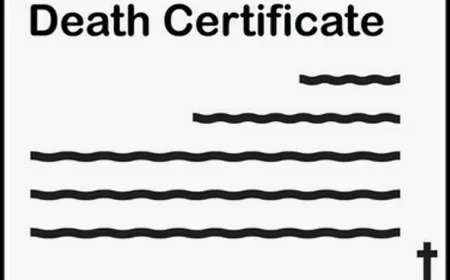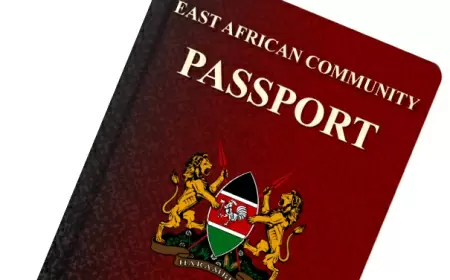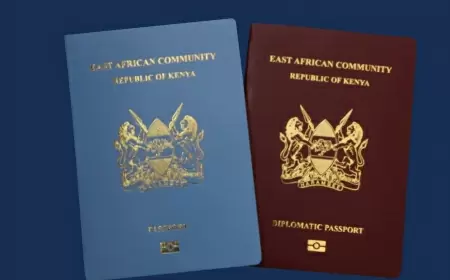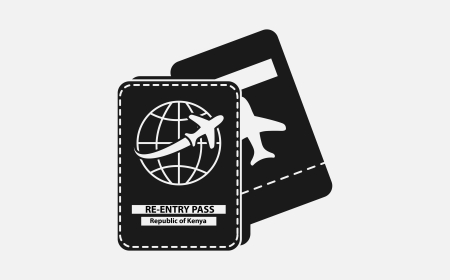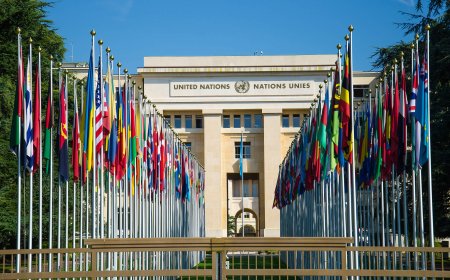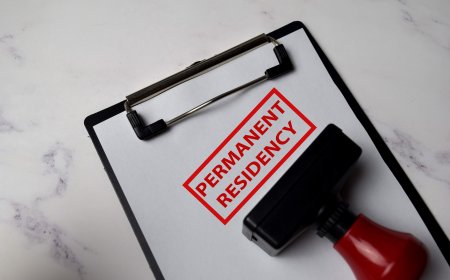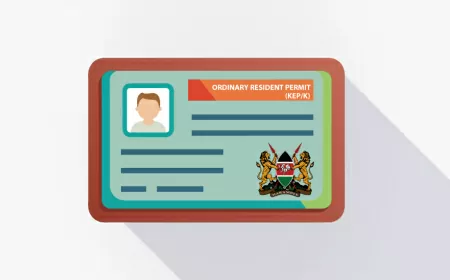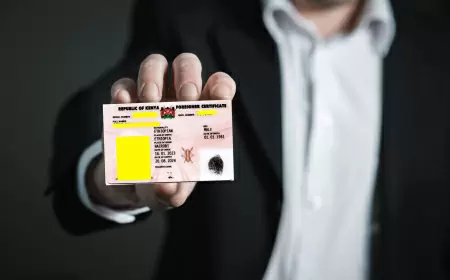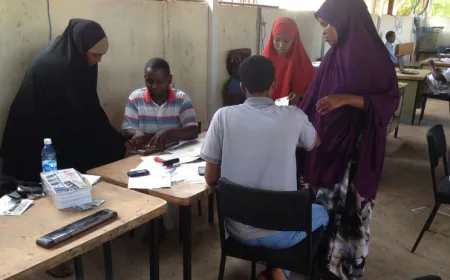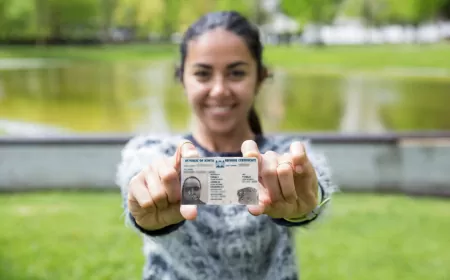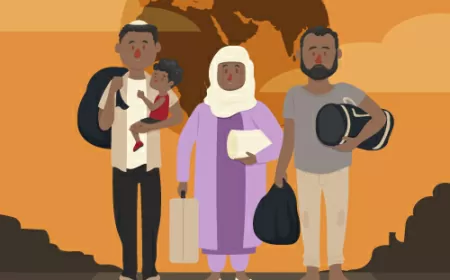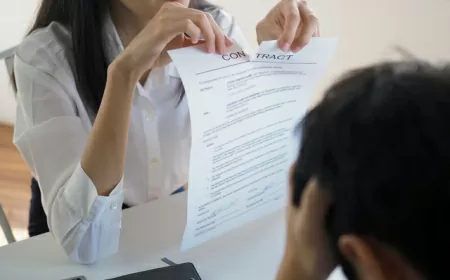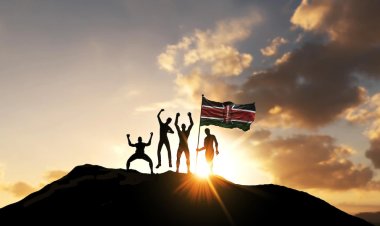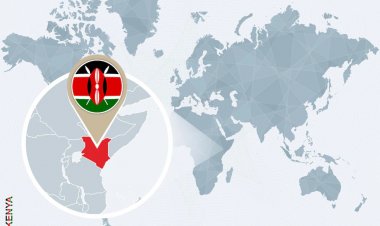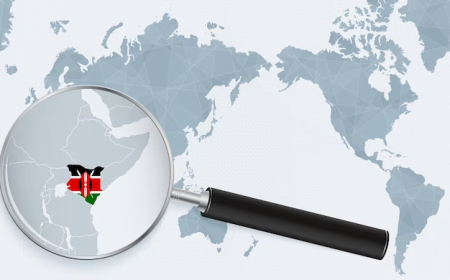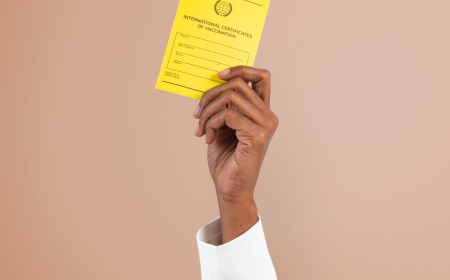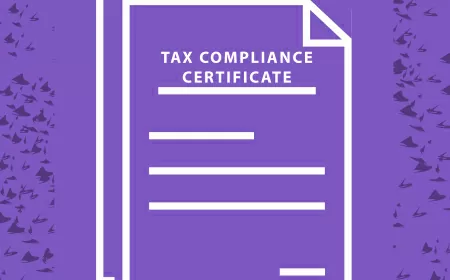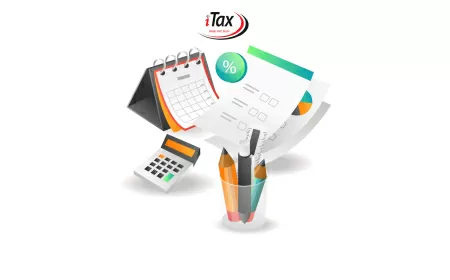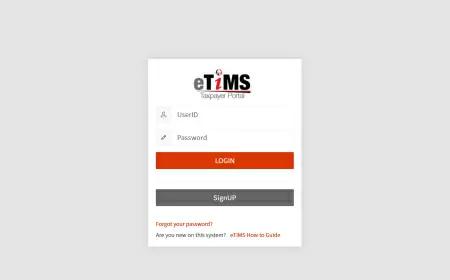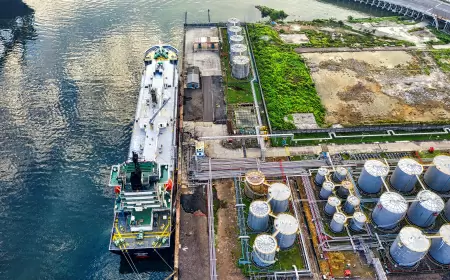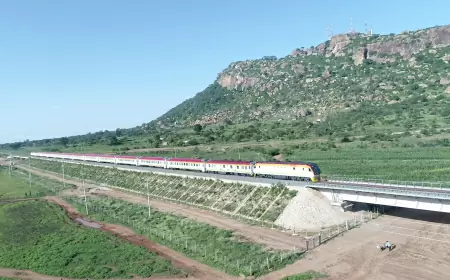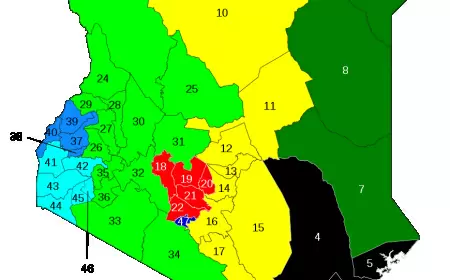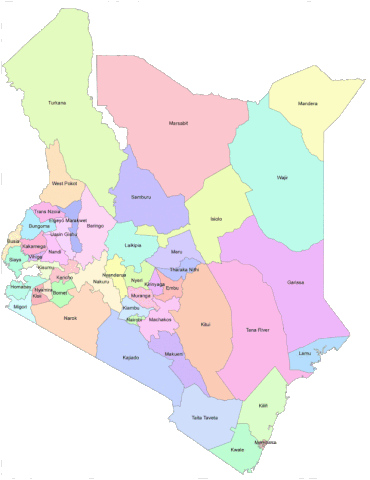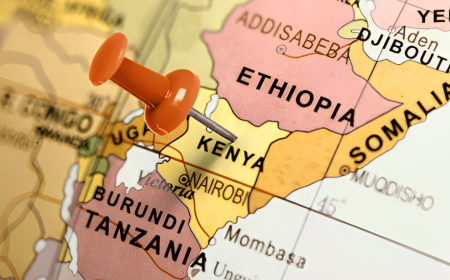Entry Requirements for Foreign Workers in Kenya
This informative section provides a comprehensive overview of the entry requirements for foreign workers seeking employment in Kenya, empowering both employers and employees to navigate the process effectively.

-
Introduction
The Department of Immigration operates as a service department with its functions and mandate established by several key legal documents:
- The Constitution of Kenya.
- The Citizenship and Immigration Act No. 12 of 2011.
- The Kenya Citizens and Foreign Nationals Management Service Act No. 31 of 2011.
- Other relevant legislation and international conventions.
These laws establish the criteria for issuing various immigration documents, including:
- Passports
- Passes
- Work permits
The work permits are issued to different categories of foreign workers, such as:
- Investors
- Missionaries
- Professionals
- Persons working with various private and public organizations in Kenya.
The Department of Immigration is responsible for processing and issuing these documents in accordance with the established legal framework, ensuring that foreign workers entering Kenya comply with the country's immigration laws and regulations.
-
Classes of Entry Permits for Foreign Workers in Kenya
The Permits and Passes Section issues the following documents in accordance with the immigration laws of Kenya:
- Entry Permits (Classes A, B, C, D, F, G, I, K, M, and Exemption)
- Kenya Special Passes
- Kenya Dependant Passes
-
Summary of Classes of Permits and Fees
Entry Permits for Foreign Workers in Kenya are categorized into several classes, each designed for specific purposes:
- Class 'A' Work Permit: Intended for foreigners engaging in prospecting and mining activities.
- Class 'B' Work Permit: Designated for foreigners involved in agriculture and animal husbandry businesses.
- Class 'C' Work Permit: Applicable to foreigners in prescribed professions, requiring proof of membership in their respective professional bodies.
- Class 'D' Work Permit: Issued to foreign employees with specific skills not readily available in Kenya. This permit requires a competent Kenyan understudy for eventual localization of the position.
- Class 'F' Work Permit: Class F work permits are applied for by foreigners engaged in specific manufacturing businesses. To apply for a Class 'F' work permit, the company must first be registered.
- Class 'G' Work Permit: Designed for foreigners engaged in specific trades, consultancy, businesses, or professions other than the prescribed professions in Kenya.
- Class 'I' Work Permit: Issued to members of registered institutions, such as missionaries or charitable organizations, whose presence is deemed beneficial to Kenya.
- Class 'K' Work Permit: Available to ordinary residents aged 35 or older with a guaranteed annual income of USD 24,000 from sources other than employment or business activities described in the schedule.
- Class 'M' Work Permit: Specifically for refugees granted status in Kenya under refugee law, and their spouses, who intend to work or engage in specific occupations, trades, businesses, or professions.
Class of Permit Processing Fees(KES.) Issuance Fees (KES.) Per Year Class 'A' Work Permit (Prospecting and Mining) KES 20,000 KES 500,000 Class 'B' Work Permit ( Agriculture and Animal Husbandry)
KES 20,000 KES 250,000
Class 'C' Work Permit (Prescribed Profession)
KES 20,000
KES 250,000
Class 'D' Work Permit (Employment)
KES 20,000
KES 500,000
Class 'F' Work Permit ( Specific Manufacturing)
KES 20,000
KES 250,000
Class 'G' Work Permit (Specific Trade, Business or Consultancy)
KES 20,000
KES 250,000
Class 'I' Work Permit (Approved Religious or Charitable Activities )
KES 5,000
KES 50,000
Class 'K' Work Permit (Ordinary Residents)
KES 20,000
KES 250,000
Class 'M' Work Permit (Refugees)
No fee is required
No fee is required
All citizens of the East African Community (Uganda, Tanzania, Rwanda, and Burundi) are exempt from payment of the processing and permit fees.
-
Conditions of Entry Permits in Kenya
Foreign nationals seeking entry to Kenya must meet the following conditions:
- Their presence in the country must be of benefit to Kenya.
- Must have sufficient funds for sustenance/subsistence.
- Not be a prohibited immigrant or inadmissible person.
- Must provide a known and traceable physical/residential address.
- Must be returnable to country of origin/domicile.
- Must have a valid and acceptable reason for entry.
- Must present a valid and acceptable travel document.
- Must not suffer from a contagious disease or must be accompanied by competent medical personnel.
These conditions may not apply to refugees as described in the Refugees Act of 2006.
-
Foreign Journalists' Entry Permit Requirements
Foreign journalists intending to work in Kenya, whether employed by international media houses or operating as freelancers, are required to obtain specific documentation. This process involves securing either a work permit or a special pass from the Director of Immigration Services.
To initiate this process, journalists must first acquire a clearance letter from the Director of Information, a department under the Ministry of Information, Communications and the Digital Economy (MICDE).
Journalists can apply for this clearance letter at Director of Information physical offices located at Uchumi House, 5th Floor, Aga Khan Walk, Nairobi.
To apply for a clearance letter, applicants must provide the following documents:
- An introduction letter from their employing media organization. Freelance journalists should provide a letter from an organization that utilizes their work.
- A copy of a valid passport
- A professional certificate
Was this information helpful ?







